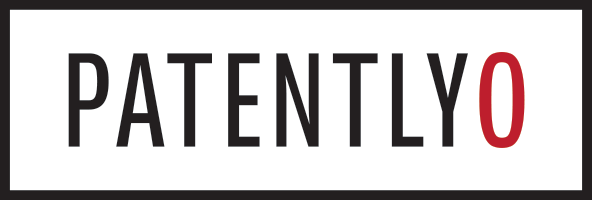
"The Federal Circuit has reversed a lost profits award in a patent infringement case involving self-balancing unicycles, holding that the district court applied the wrong legal standard when it excluded evidence of noninfringing substitutes that were not actually "on sale during period of infringement." In Inventist Inc. v. Ninebot Inc. (USA), No. 2024-1010 (Fed. Cir. Nov. 14, 2025) (nonprecedential), the court reaffirmed the principle from Grain Processing Corp. v. American Maize-Products Co., 185 F.3d 1341 (Fed. Cir. 1999),"
"that available alternatives (even if not on the market) may preclude lost profits damages if the accused infringer shows they were readily available and acceptable to consumers. This decision has some parallels to Masimo v. Apple, where Apple argues that damages should account for its prior noninfringing Apple Watch version that already included heart rate notifications before adding the patented double-check refinement. See Dennis Crouch, Masimo v. Apple: Does "Patient Monitor" Cover Apple's Consumer Wearable, Patently-O (Nov. 17, 2025)."
The Federal Circuit reversed a lost-profits award in Inventist Inc. v. Ninebot Inc., finding the district court applied the wrong legal standard by excluding evidence of noninfringing substitutes not actually on sale during the infringement period. The court reaffirmed Grain Processing’s principle that available alternatives, even if not yet on the market, may preclude lost profits when the accused infringer proves readiness and consumer acceptability. The ruling emphasizes that alternatives need not be commercially sold during the infringement period to be considered. The outcome has parallels to Masimo v. Apple, where Apple contends damages should reflect a prior noninfringing Apple Watch version.
Read at Patently-O
Unable to calculate read time
Collection
[
|
...
]